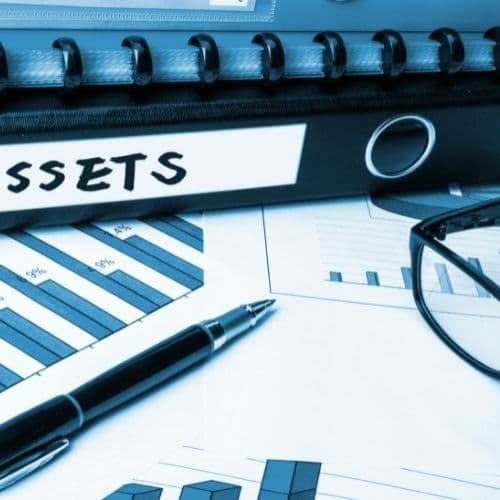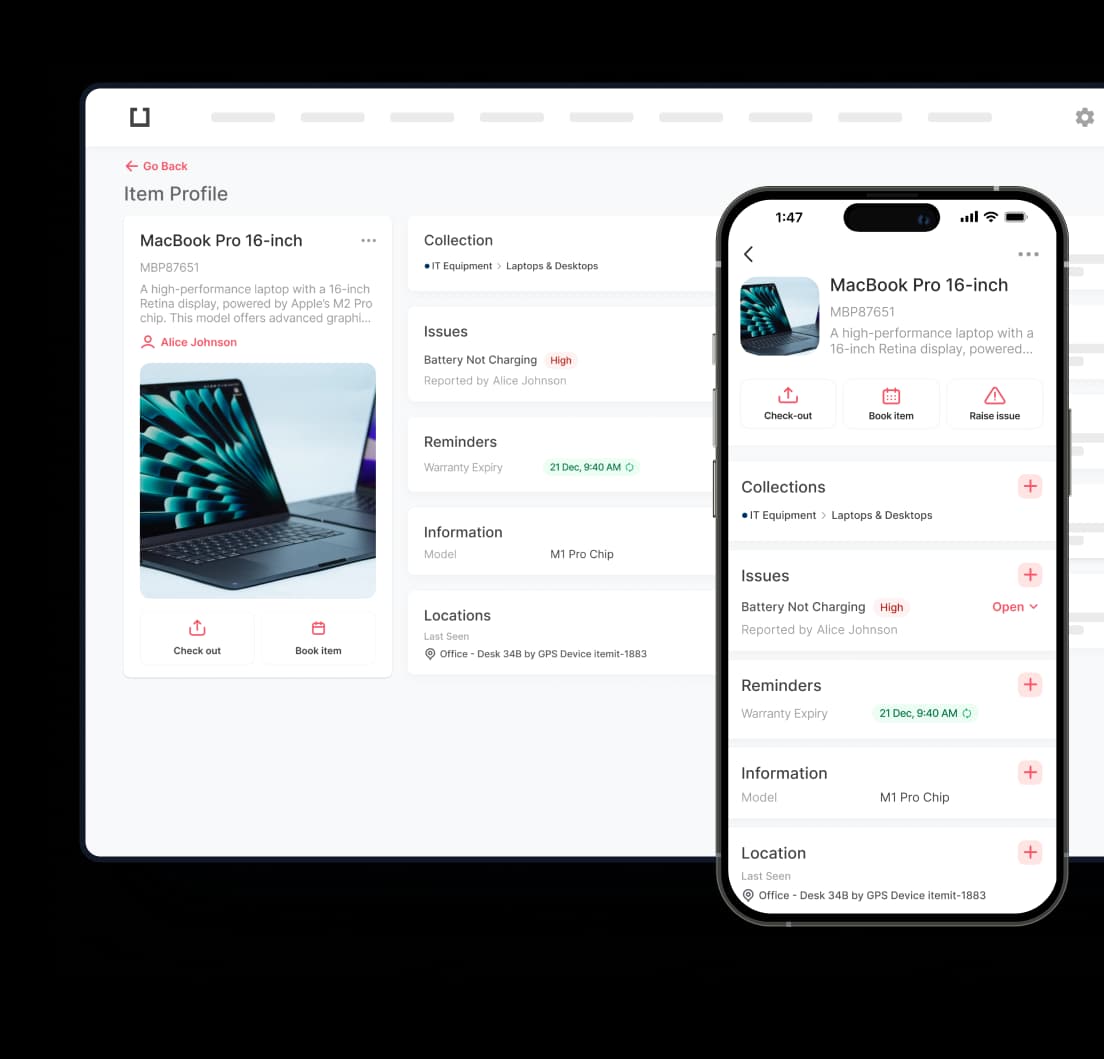What Is A Fixed Asset Register?
A fixed asset register is a list of assets that a business owns along with a record of key information about each asset. The purpose of an asset register is to accurately record and maintain information about fixed assets for both financial and non-financial tasks. This allows assets to be easily identified and verified as required. Businesses have the flexibility to choose what information they capture about their assets but the following information is typically stored:
- Purchase date
- Purchase price
- Description of the asset
- Location of the asset
- Serial number
- Value
- Insurance information
- Warranty information
- Supplier
- Owner
- Maintenance schedules
- Users
- State of repair
Fixed assets can be anything from tables and chairs to computer equipment, they are typically longer term investments that provide value to the business but depreciate over the years. Traditionally, a fixed asset register was kept on paper by a bookkeeper, with the introduction of Excel this moved to digital spreadsheets, and now with asset tracking software you can keep these records online. An online fixed asset register gives you greater levels of accuracy and automation. Every time an asset is scanned its location is automatically updated.
Why Your Business Needs A Fixed Asset Register
A fixed asset register keeps track of everything a business owns and lays the foundations for smooth-running operations. Storing detailed asset information allows businesses to make smarter, more well-informed decisions.
Correct Balance Sheets
A complete list of fixed assets is essential to maintaining a correct balance sheet, however manually keeping track of your assets is time-consuming and prone to human error. This can damage the financial integrity of your business and create serious problems when it comes to end-of-the-year tax audits. Asset tracking software takes the headache out of auditing and ensures your business is tax compliant. Fixed asset registers also act as a checkpoint to help business owners detect fraud, theft and misappropriation of funds.
Lower Insurance Premiums
An up-to-date record of all your fixed assets and the data associated with them provides an accurate reference to ensure that the appropriate level of insurance is in place. As a result, your business can avoid overpaying on insurance premiums.
Inventory Management
Fixed asset registers help business owners to track what they own so they can avoid buying twice or identify old or unused assets. Keeping track of all your assets also helps to assess their value and eventual depreciation. This improves asset utilisation across the business and supports you and your team to establish maintenance schedules, estimate repair costs and forecast for the purchasing of replacements or additional assets.

Centralised System
A major benefit of using a fixed asset register is that all your asset information is contained within one centralised location. Having a view of your entire asset register in one place means you can assess your business at a click of a button. This facilitates a quick and easy asset audit and verification process.With itemit you can pull all your assets’ information together into customisable and exportable reports. Moving away from spreadsheets to a smarter system saves time and money, both of which are valuable resources that can be better funnelled into other areas.
itemit’s Fixed Asset Register Solutions
With itemit’s asset management software you can easily set up your own fixed asset register in just a few clicks. Our cloud-based, user-friendly software is designed for smooth onboarding with minimal interference to your operation. This will provide your business with complete information on asset status, history and location, that can be utilised to make better decisions about maintenance, procurement as well as allowing for greater transparency for audit trail purposes. Tracking and recording each change that occurs during an asset’s lifetime gives you the confidence and control you need to take your business to the next level.
If you would like to learn more about itemit’s asset tracking software, contact our friendly and helpful team today. You can reach them at team@itemit.com. Alternatively, you may want to consider signing up for our 14-day Free Trial to find out just how well itemit’s software can work for you. We’re confident that you will love the software’s features and how it can improve the day-to-day running of almost any business.





